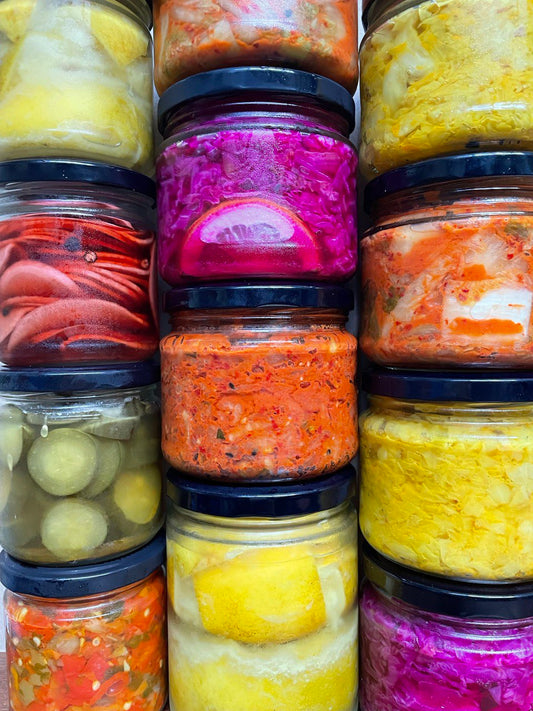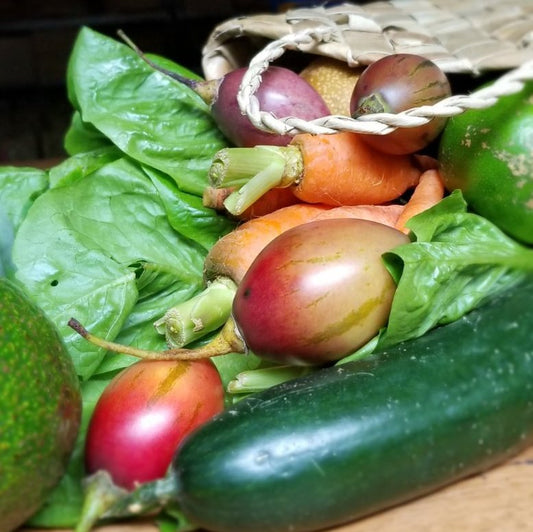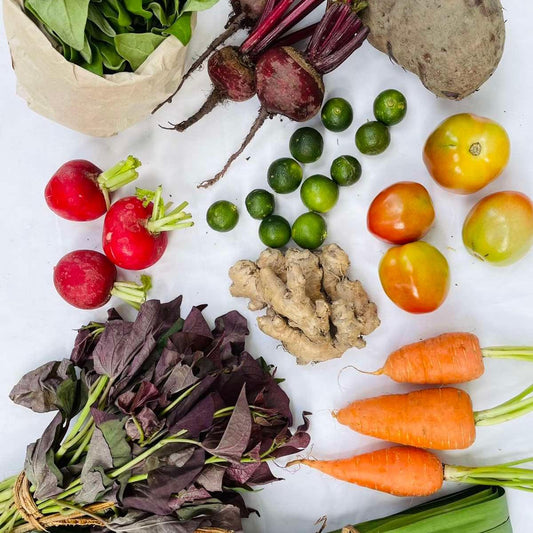Is food a right or a privilege? It’s offensive to even ask this question. Of course it’s a right. Right?
But what has been normalized, making it seem natural, is that food is a privilege. How else to explain people, children going hungry in a world of plenty, or food producers having little to eat, healthy food being inaccessible to most Filipinos, or workers eating 3-in-1 coffee as ulam while others dine on steak equivalent to a month’s wages?
We have been led to believe that price is the sole or primary determinant of food’s value, their significance shaped by who has the biggest marketing budget. Food becomes available to those with purchasing power and therefore, by extension, those considered by society as productive members. And tacit is the belief that when people are hungry, surely they have done something to deserve it. It thinks, “If only the hungry worked hard enough…”
Built on the idea of food as commons is that everyone not only has guaranteed food to eat but has control and agency over how they are able to feed themselves and each other. Power and the production resources needed are distributed to the majority.
But when food is privatized and commodified, it makes sense to undercut the producers for the sake of the shareholders. It makes sense to prioritize growing crops for biofuels and animal feed when it is more profitable than feeding people.
Power is concentrated in the hands of an elite few who “solve” hunger through food aid and importation. Using surplus from rich countries, commodification undermines local production and exacerbates food insecurity, keeping people in a cycle of hunger and disempowerment.
Restoring food as a basic human right is a complex and daunting task, one that will be hard-won because it challenges entrenched power and privilege.
But there are ways we can begin to live our lives so that food is a shared and equal right.
Speak up against the “no money no food” mentality.
To begin to decommodify food, we need to combat this dominant thinking that is so ingrained in how we understand and address the issue of hunger, and exacerbates inequality and exploitation. We need to reject the idea that food is important or valuable because it is expensive or profitable. We can strive to learn the different values of food to the local community and their environment.
Support people-led food networks.
Bungkalan, kusinang bayan, community pantries, CSAs like Good Food, and participatory guarantee system are some examples of people-powered food networks where people grow food and feed each other in way that honors food as a human right and builds community, resisting food merely as a tool for profit.
Scrutinize the claims of the corporate food regime.
So much lip service is paid by the industrial food system in terms of its central role in ending world hunger sustainably. But the market-led food system has failed to deliver its promise over the last 60 years, while corporations enrich themselves and torch the planet. At the center of mass displacements and agricultural land conversions are corporate land grabs. We must resist efforts to privatize and treat as proprietary the many aspects of food as commons such as indigenous knowledge, genetic resources, ancestral domains and public lands, biodiversity, science-based evidence, culinary heritage and people’s gastronomy, among others, which they justify as necessary to feed the world.
Share stories of alternative actions.
Celebrating civic engagements around food and seeding others like them in our communities, experimenting with different ways we govern local food production and consumption, we protect the other wonderful attributes of food outside mere profit, such as their ecological, spiritual, communal, and cultural values. Our hope grows when we encounter the many communities that are already resisting a broken food system and prefiguring a way forward through their creativity, courage, and vision, showing us what is possible and attainable.



